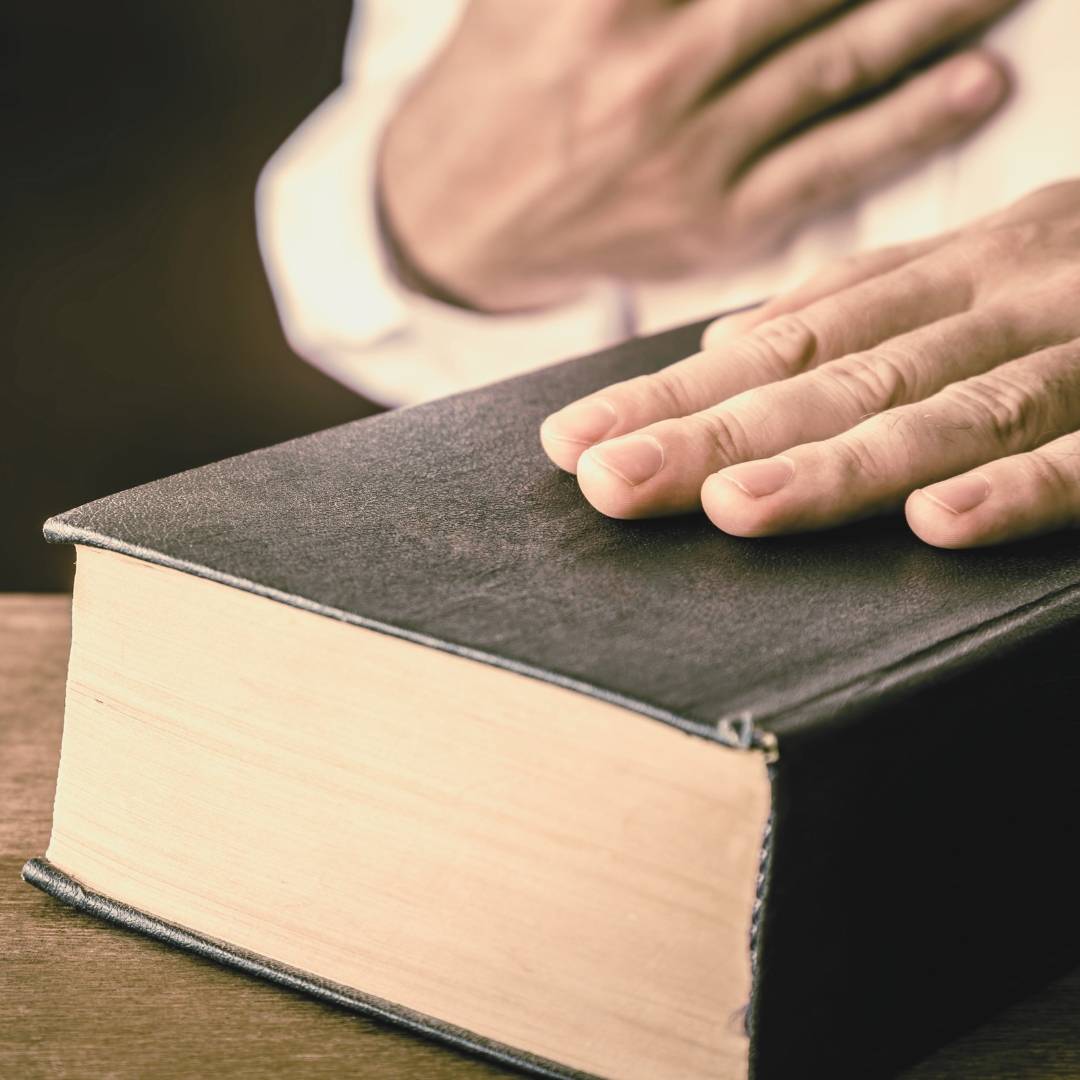May a Christian be a freemason? Are the practices of Freemasonry compatible with Christianity?
Freemasonry is a quasi-religious, fraternal organization dating back to medieval times. The organization began as an association of stonemason trade craftsmen, but today local lodges operate more like civic or social clubs.
Members are admitted to membership through initiation rites and often must make certain pledges to the lodge. Freemasons are encouraged to pursue multi-level “degrees” by mastering an understanding of freemasonry’s mystical symbolism which borrows heavily from Jewish and Christian Gnosticism.
In general, this organization presents a serious threat to the spiritual life of a believer. Freemasons promote personal belief in "diety" but they accept that all diety are equally valid and must be respected. Freemasons hold that non-Christian may enter Heaven, and therefore a freemason must not attempt to convert members to one's religion. Since members agree to be bound by these rules, a Christian who joins the Freemasons must pledge to respect the belief that Jesus Christ to just another "god" and must agree to disobey Christ's command for all believers to share the Gospel with the world.
Furthermore, the organization's members are invited to participate in rituals and recitations that closely mirror traditional pagan and occultic practices, which clearly violates scripture’s command to avoid such things. Freemasons are called to profess the "secret name" of God, as explained by Masonic writer Albert Pike in his writing, Book of the Words, and local lodges may conduct ancient rites of worship to invoke the worship of this name.
Even the more sedated local lodges still compromise a Christian's walk by pressuring members to pledge various oaths in violation of scripture (see Matt 5:34), to accomplish goods works as part of a works-salvation theology (Pike's book, a common handbook used in lodge, states that salvation must include works), and various other compromises.
Many believers who participate in Freemasonry are ignorant to the organization's dangers, since each lodge operates independently and may follow only a few of these practices. Nevertheless, the organization is not harmless, and in time the believer will likely be exposed to dangerous heresy and pagan practices.
We strongly urge any believer caught up in Freemasonry to leave the organization. The Church body is the best place to find fellowship and community to which to minister.
Scripture quotations taken from the (NASB®) New American Standard Bible®, Copyright © 1995, 2020 by The Lockman Foundation. Used by permission. All rights reserved. www.lockman.org





